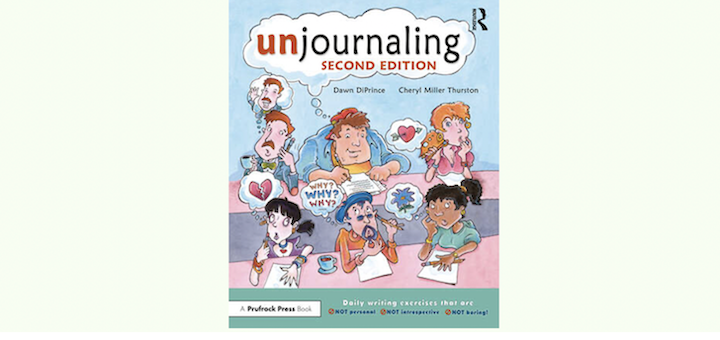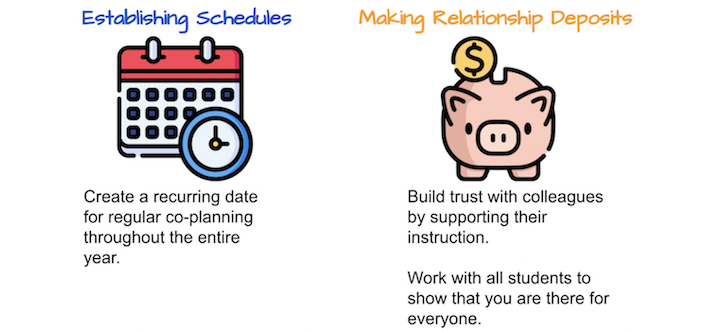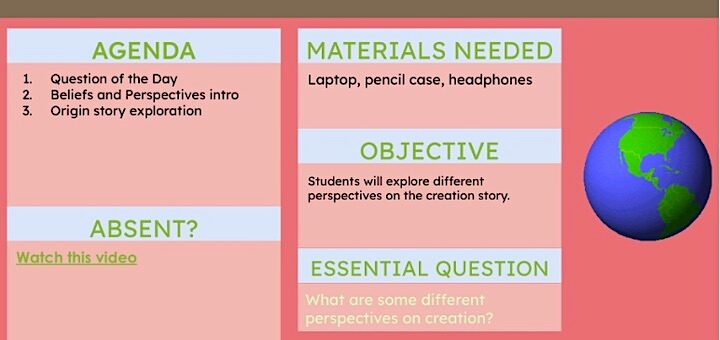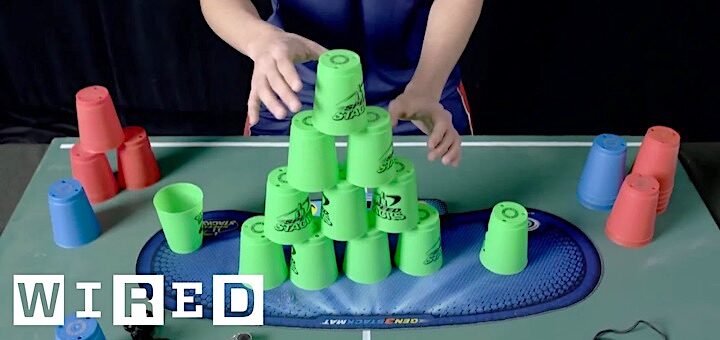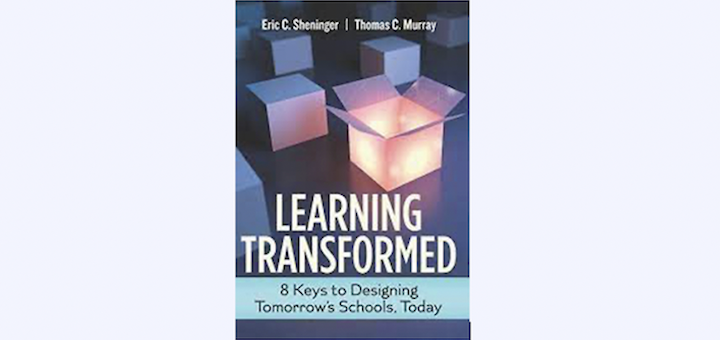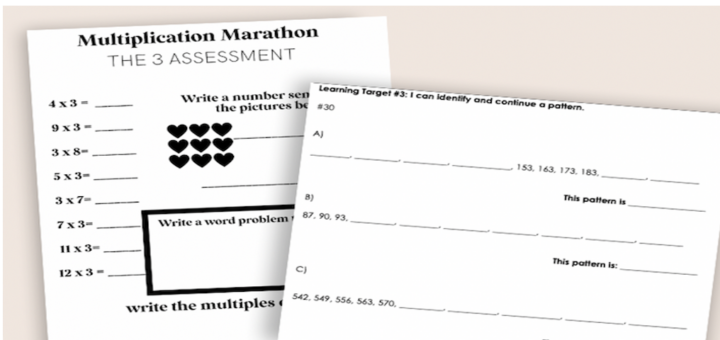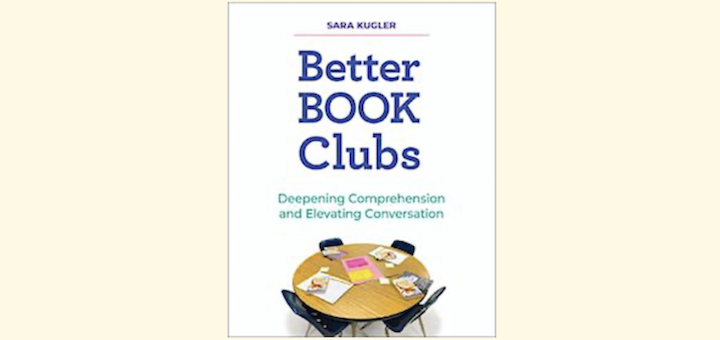Teaching and learning in grades 4-8
As society experiences increasing complexity, educators and education struggle to keep up. Principal Matt Renwick takes a look at AI/ChatGPT challenges and shares a process school leaders can use to support teachers’ use of new technology. Don’t miss the template he includes.
In Unjournaling by Dawn DiPrince and Cheryl Thurston, students will find the book’s 250 prompts interesting and challenging, and teachers will appreciate the flexibility and variety this second edition brings to class. Everyone will have fun too, promises Anne Anderson.
As he develops new co-teaching relationships, language specialist Tan Huynh focuses on two essential strategies: establishing schedules and making “relationship deposits” that build the teacher to teacher connections needed to assure the classroom works for all students.
Extended teacher absences are more frequent than ever. Recently teacher Megan Kelly had to be away. Here she shares how she tweaks class organization and systems to make sure her middle schoolers thrive in her absence and her substitutes succeed in their important role.
Math teacher Michelle Russell remembers her own anxiety each year when the time came to teach statistics to middle schoolers. She shares two fun activities she’s discovered that address 6th and 8th grade standards: cup stacking and the candy grab! Student handouts included.
Learning Transformed offers a still timely blueprint of practical ideas to reinvent schools so all students receive a useful education, all teachers are treated as professionals, and all families and community members are welcome and value the role schools play, says teacher Theresa Wood.
While there are times when consensus makes sense, collaborative experiences are often most beneficial when they center on open-ended questions that invite students’ thinking. Teaching coach Gravity Goldberg shares ways to encourage exploration and creative expression in groups.
Teacher and coach Mona Iehl loves ending the school year with a choice-driven math fact fluency challenge. Students solidify their fluency before the next grade while also engaging in a fun initiative. Discover her simple 4-step process and check out the resources she shares.
When students learn to identify and name the ideas and emotions in poetry and share their own emotions through writing poems, they better understand their feelings and build empathy and understanding for others. Teacher leader Kasey Short shares methods and lots of poems.
If you’ve found class book clubs frustrating, it’s time to read Sara Kugler’s Better Book Clubs. She guides teachers through each step in developing clubs that will help students want to read and talk about books. Literacy leader Sarah Valter highly recommends this resource.


